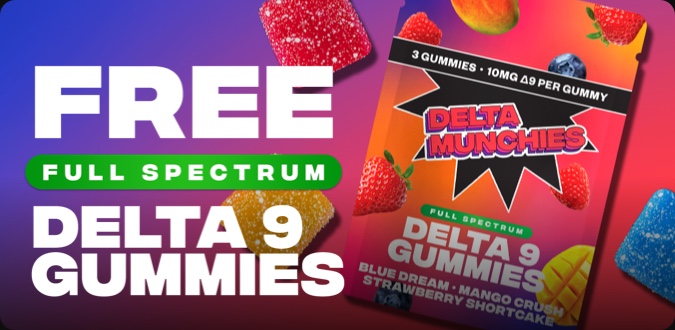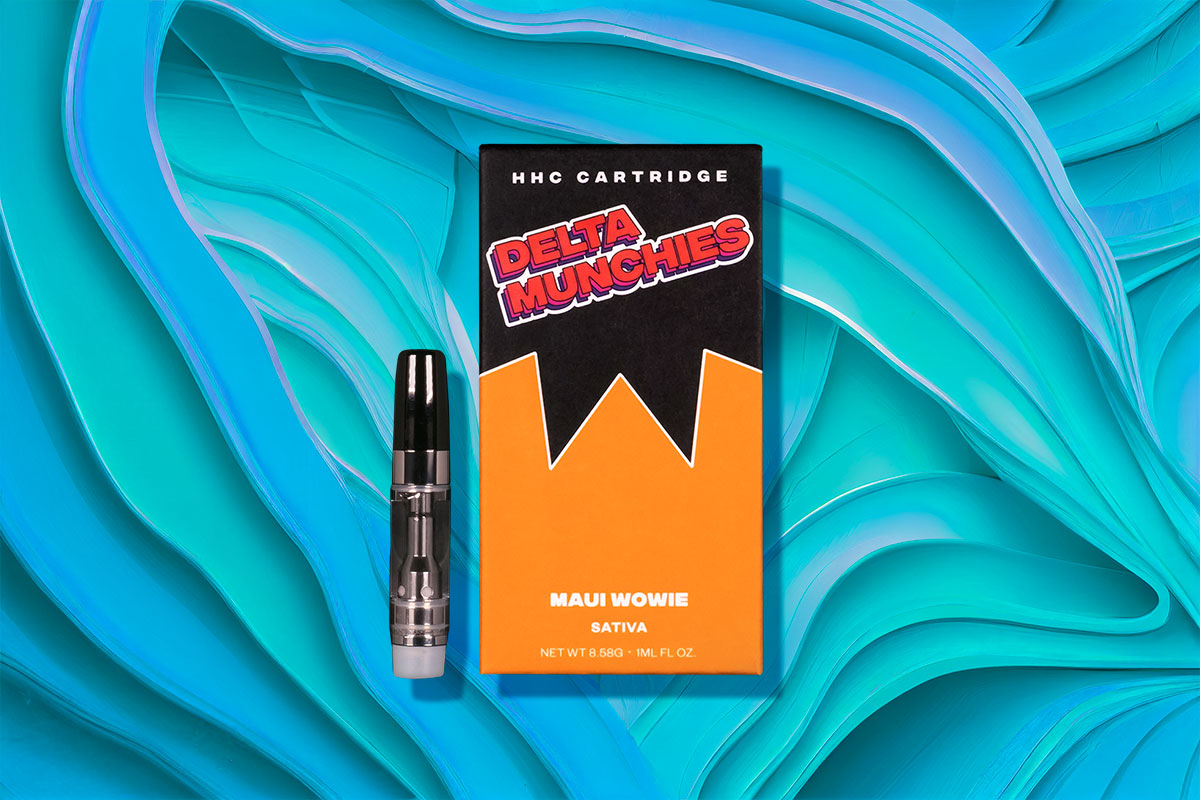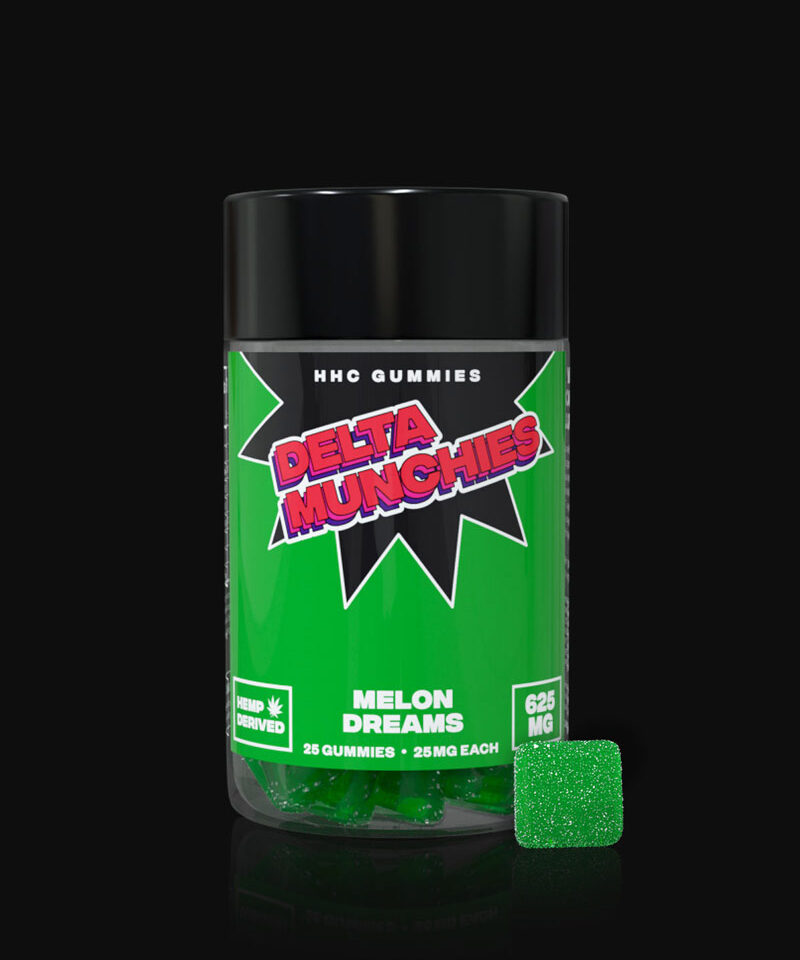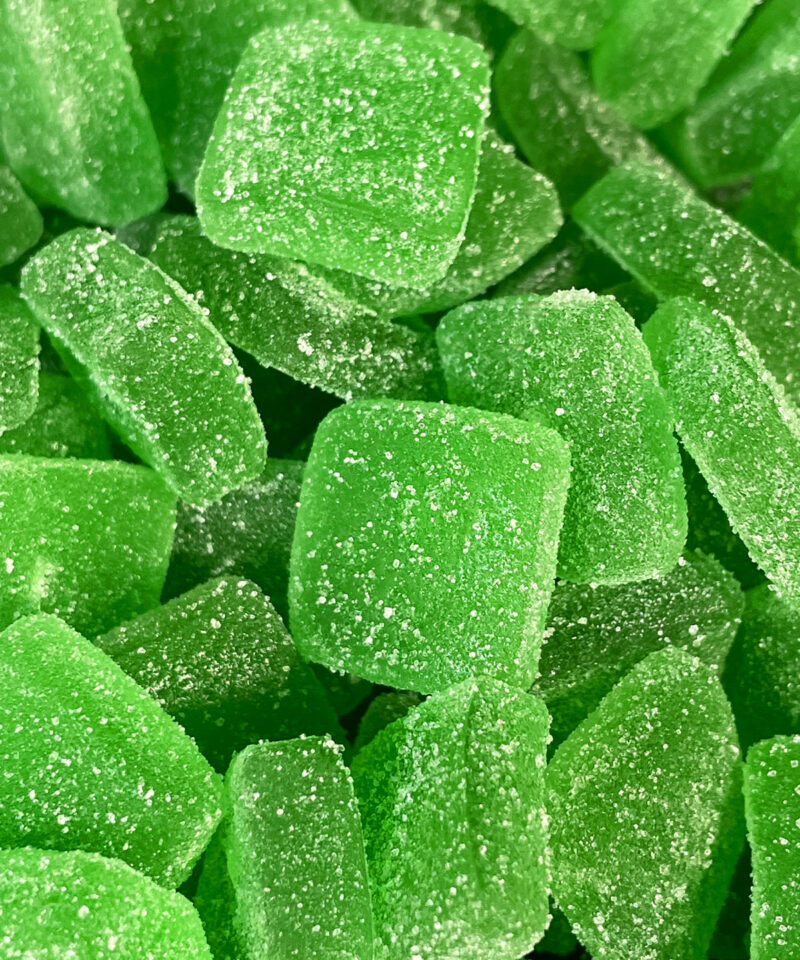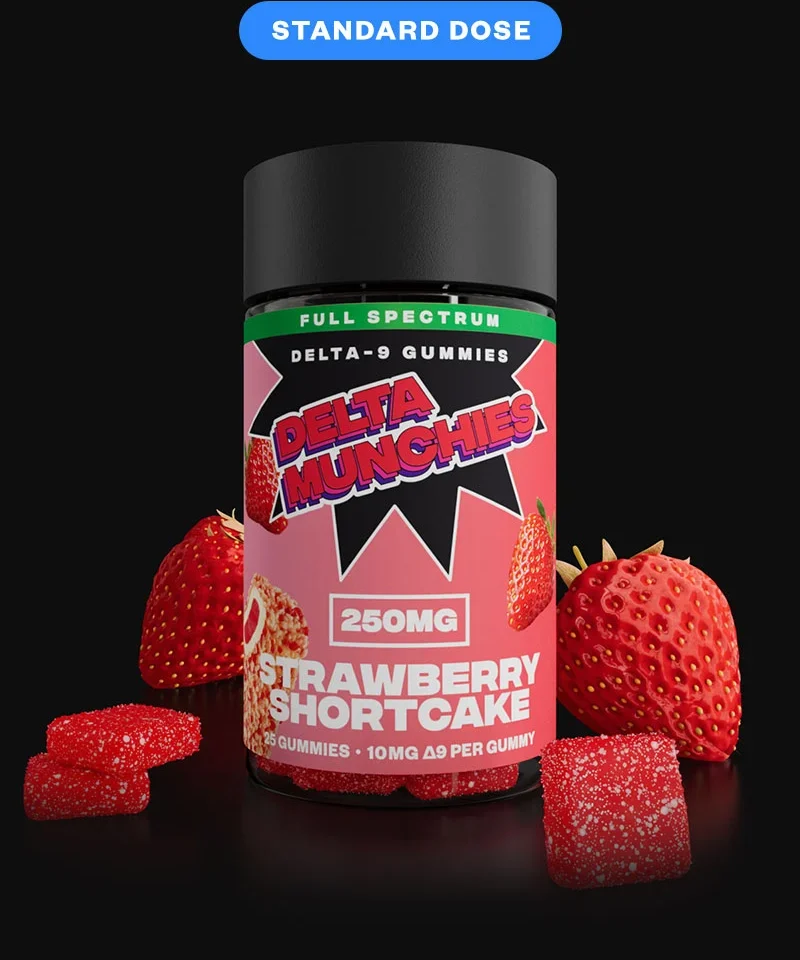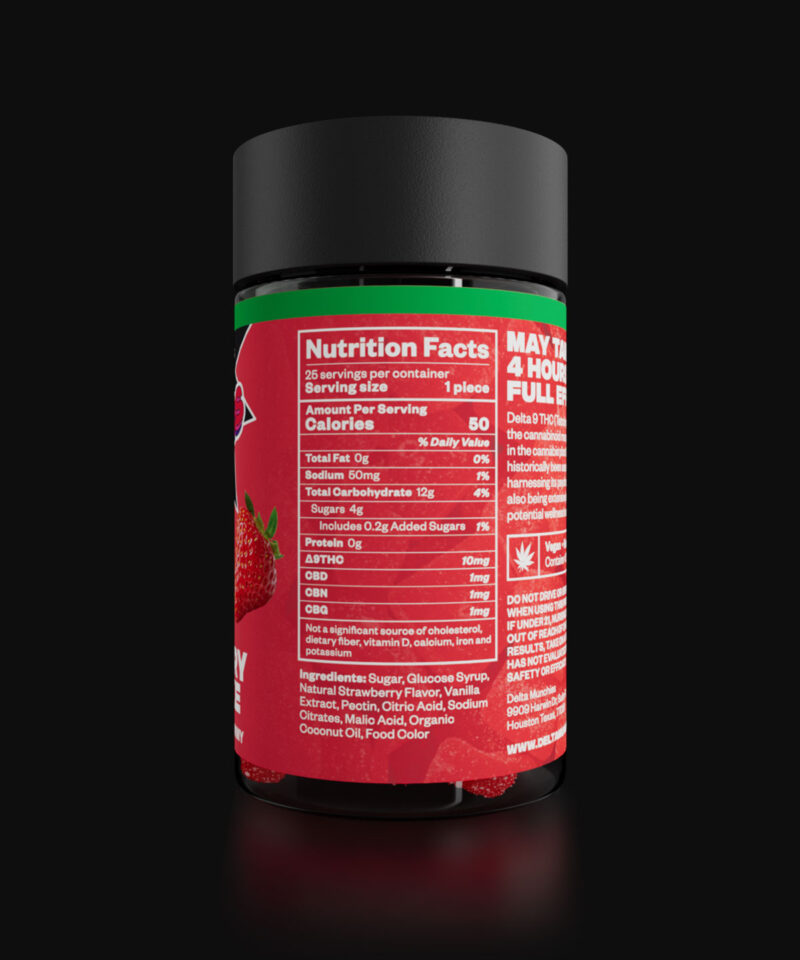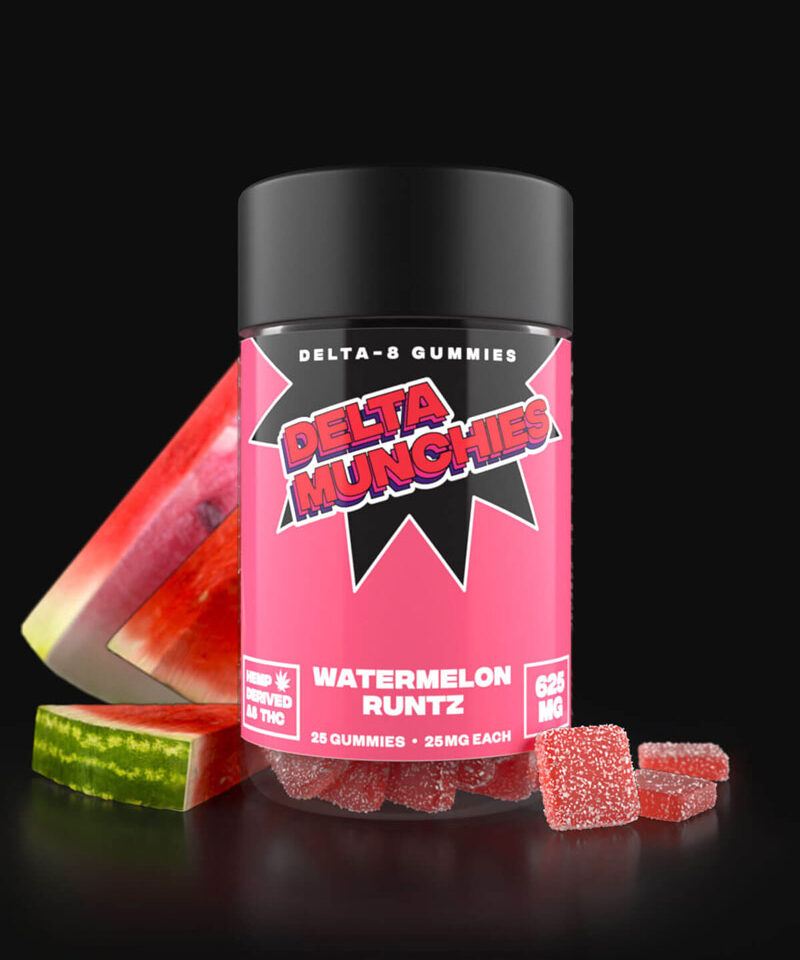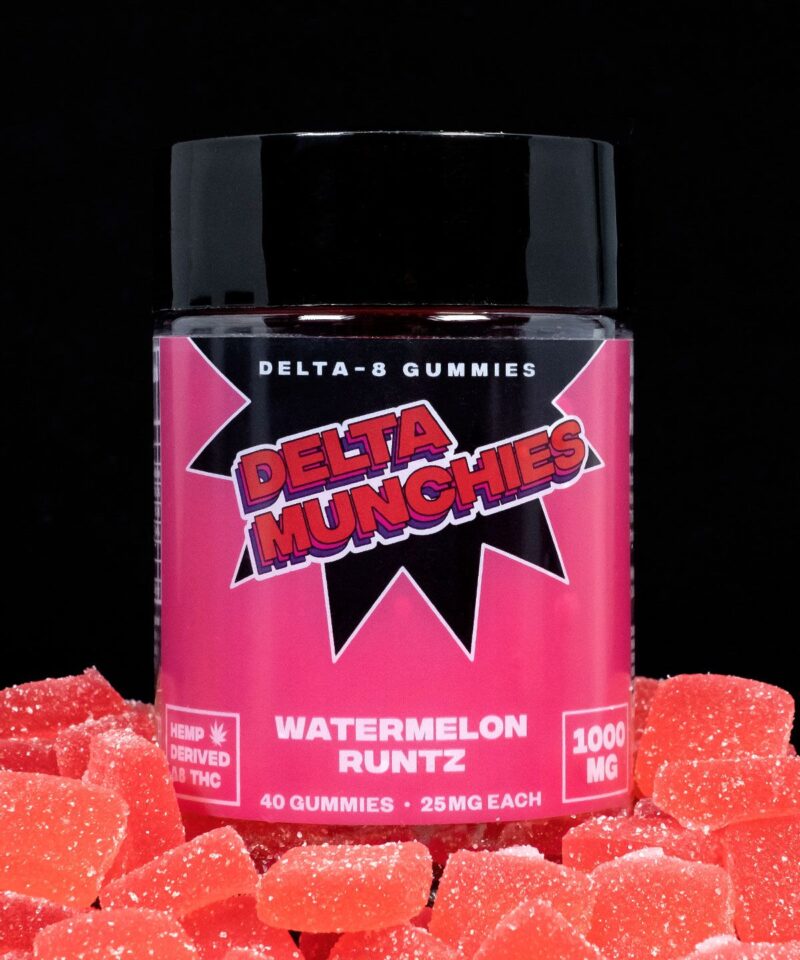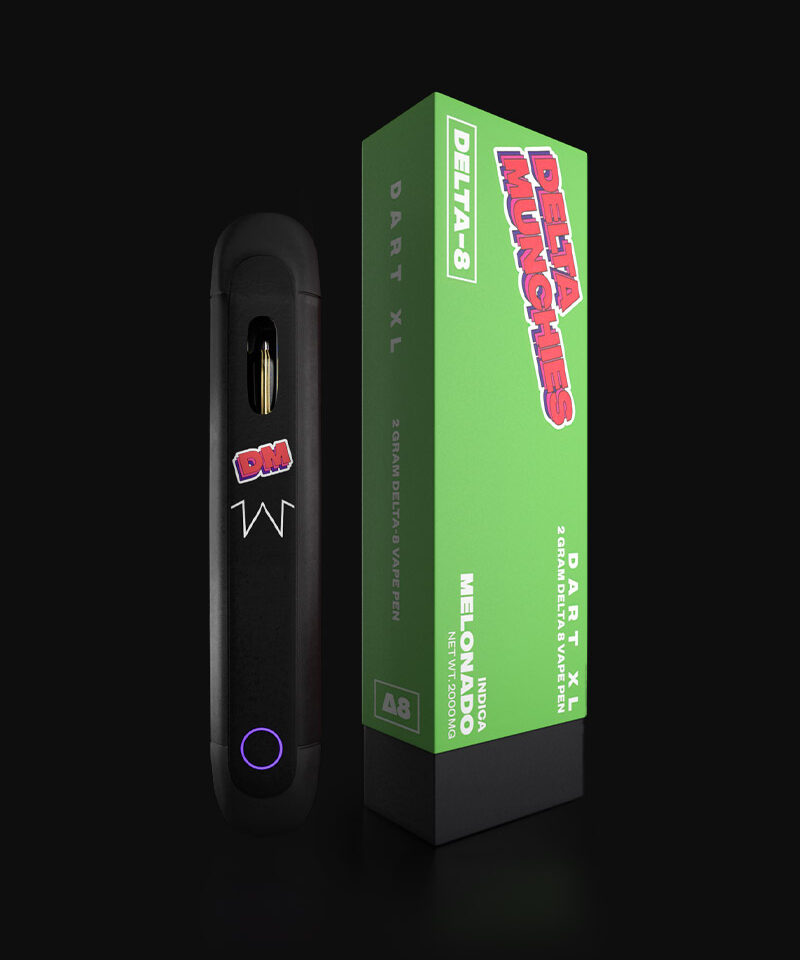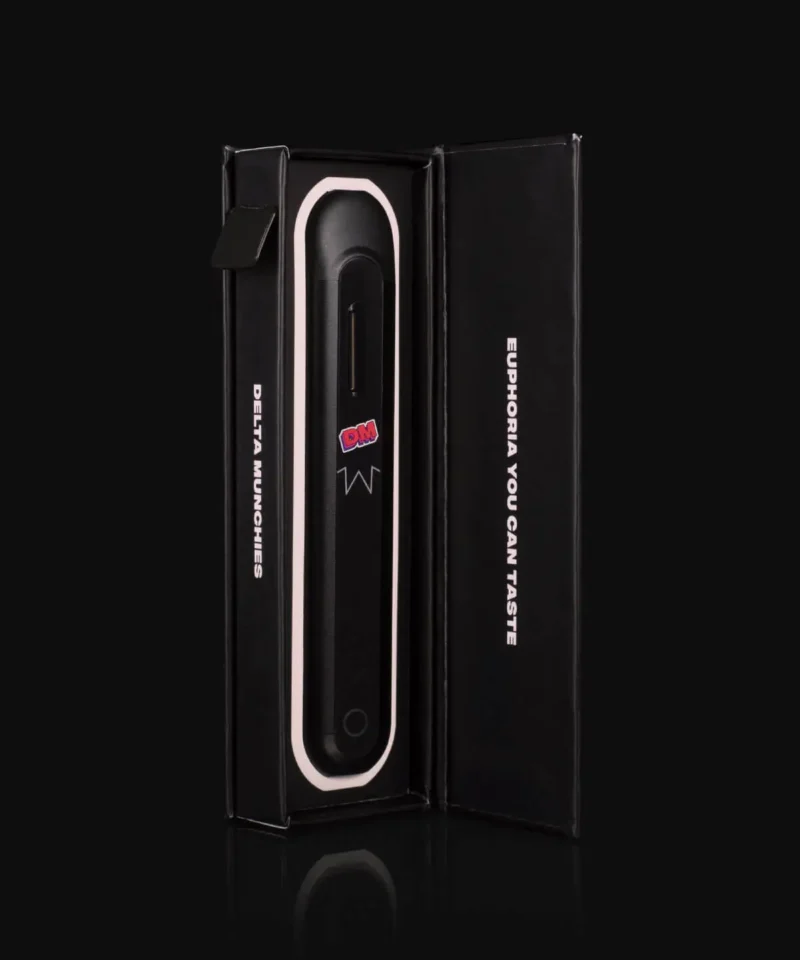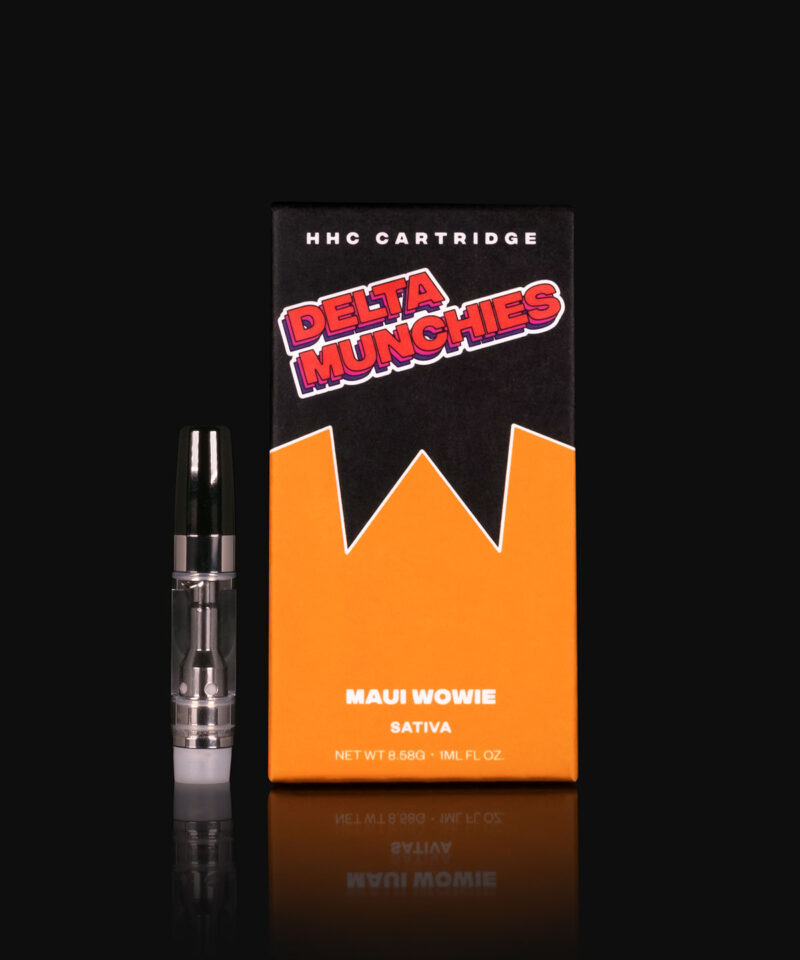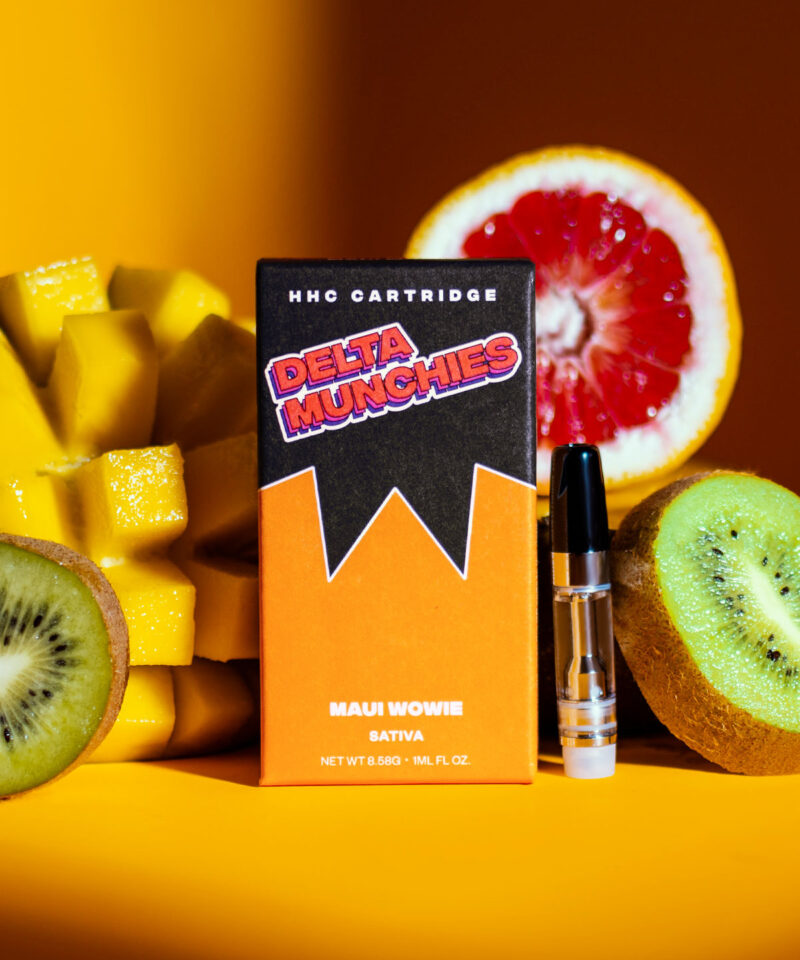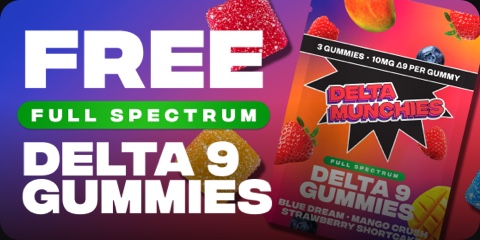Alternative Cannabinoids, Informative
What is THC-P: Benefits, Risks & Potency
You may have heard of delta-9-tetrahydrocannabinol (or simply THC) and cannabidiol (CBD) as these two are undoubtedly the most popular and extensively studied cannabis compounds thus far. THC needs no introduction – it’s the most abundant compound in cannabis. It is also psychoactive, which means it makes users “high.”
But it appears THC has a lesser known alter-ego – tetrahydrocannabiphorol or THC-P. Just recently discovered, this cannabinoid has excited players in the cannabis industry as it promises to be a game-changing discovery.
Now, read on to understand why excitement is building around THC-P.
Contents
Key Takeaways
- THC-P stands for tetrahydrocannabiphorol – a new addition to the cannabinoid family.
- It is thought to be much more potent than regular THC because it binds 30 times more firmly to cannabinoid receptors.
- Live resin is more likely to contain THC-P because the extraction process used to make it is gentler and preserves the original profile of cannabis.
- THC-P’s safety is still a grey area, so use it with extreme caution.
- There is nothing like a “high THC-P strain.”
What is THC-P
Even though it has many abbreviations, THC-P is a natural cannabinoid that exists in very low concentrations. Very little is known about it, most of which come from the 2019 study that led to its discovery.
Because it exists in tiny quantities in cannabis, its extraction from hemp material does not make business sense. So, the most viable way to get it is by synthesizing it from CBD. Of course, this is best left to companies because they have the equipment for this.
THC-P is quite similar to THC, the only difference being that it has a longer alkyl side chain. So whereas THC has five carbon atoms on its alkyl side chain, THC-P has seven. Due to this difference, THC-P is thought to be 33 times stronger than THC.
Indeed, the Italian scientists who discovered this compound found that it binds 33 times more firmly to cannabinoid receptors (CB1) than THC. This means it is potentially 30x as potent as THC!
Later, we shall discuss what this means regarding its potential effects on the human body. We shall also comment on its potential therapeutic value.
What is THC-P Live Resin
THC-P is a natural cannabinoid typically obtained from cannabis material (hemp). As with all cannabinoids, quality and potency are a function of two factors:
- The extraction process
- The cannabis strain
However, the freshness of the strain often plays a huge role in the potency of an extract. That’s where live resin comes in. So, what’s THC-P live resin?
Live resin is cannabis concentrate obtained from freshly harvested cannabis. Sometimes, the cannabis material is flash-frozen to maintain freshness. It is then subjected to solvent extraction with chemicals like propane or butane.
Generally, cannabis concentrates are named and described by their consistencies. Some are waxy, some brittle and hard, while others are thick and gooey. Some concentrates are like sauce.
Live resin falls somewhere between sauce and wax – not too wet and not overly taffy. It is typically yellowish but may have a light yellow to whitish appearance. It is very sticky, so using it often requires using a dab tool.
Because of how it is extracted, live resin contains more cannabis compounds. Besides the usual culprits (THC and CBD), live resin is also likely to have higher concentrations of terpenes (aromatic plant oils), flavonoids, other cannabinoids (e.g., THC-P), etcetera.
Cannabis users love live resin due to its rich concentration of cannabis compounds. Depending on the source, it tends to have lots of THC or CBD.
Since the extraction procedure does not degrade the plant material, live resin is a cannabis lover’s preferred concentrate. It has intense aromas and flavors because it preserves the original cannabis plant profile.
But it’s not just users who love live resin. It turns out growers prefer it too because it allows them to bypass long, time-consuming processes of drying, curing, and trimming hemp. With live resin, whole plants are chopped down and frozen before extraction begins.
As a result, growing plants for live resin is cheaper.
THC-P live resin typically contains THC-P in small amounts, owing to the nature of this compound. But, only a small quantity is required for a pleasant yet powerful and, most importantly, safe experience.
It’s not lost on us that THC-P’s incredibly strong binding affinity may also magnify undesirable side effects seen with THC, like paranoia, dry eyes and mouth, or anxiety. So, the best way to use THC-P is with caution.
THC P vs. THC O
Thanks to the blossoming cannabis research, we now know that THC has several analogs.
One that you’ve probably heard little about is THC-O or THC-O-acetate. Unlike THC-P, THC-O is a non-natural cannabinoid, meaning it’s not derived from hemp in the same way as CBD, CBN, or CBG.
In other words, cannabis does not have THC-O. Instead, it is synthesized using acetic anhydride. The process starts with the extraction of delta 8, which is then combined with acetic anhydride.
Essentially, THC-P and THC-O are cannabinoids with elements of THC, but that’s not where the story ends. They have identical effects, although THC-O is way less potent than THC-P.
In truth, there’s little scientific research on the effects of both THC-P and THC-O. The information we have is mainly anecdotal from cannabis users who have tried these products. As such, the effects of THC-P and THC-O remain unclear.
Also, most cannabis products on the market usually contain a cocktail of hemp-derived cannabinoids. This makes it difficult to tell which specific cannabinoid is responsible for what effects.
As with THC-P, there are very few scientific studies on THC-O. However, it is speculated to be three times more potent than THC, and based on users’ experiences, and it can induce psychedelic effects. Those who have tried it out say its effects have a more spiritual tone.
Other potential effects of THC-O include appetite stimulation, pain relief, and anxiety reduction. At the same time, notable side effects include:
- Paranoia
- Sedation
- Hallucination
- Anxiety
- Seizures
- Vomiting
Nonetheless, the public’s interest in THC-O has been growing rapidly, especially in states where recreational marijuana is illegal.
Does THC P Get You High?
Yes, it can. That’s because THC-P is very similar to THC, whose most known attribute is psychoactivity. The only difference between the two is the intensity of their effects.
According to research, THC-P is much more potent than THC. Logically, since THC induces a “high,” there’s no reason not to suspect that THC-P won’t make you “high.” If anything, it binds to CB1 receptors more firmly than THC, meaning its “high” may actually be way more intense than THC’s.
The good thing is that THC-P is often mixed with other compounds in commercial cannabis products. So, with CBD in there, then the intensity of THC and its analogs is minimized since CBD often neutralizes the less desirable effects of THC.
THC P Effects
What effects does THC-P have on the human body? This is a question that many cannabis users are interested in, but we don’t have a definitive answer.
More research is needed before we can be sure of the effects of THC-P on your body. For now, we can only draw parallels between the effects of THC and THC-P.
The effects of THC-P are almost identical to those of delta 9 THC, albeit more intense. In other words, THC-P gives you THC’s “high” but with more oomph!
In their initial study that led to the discovery of THC-P, the team of Italian researchers uncovered some physiological effects of THC-P, like pain relief, hypomobility, and reduced rectum temperature.
But without any substantial evidence supporting these early findings, we can only hypothesize.
On the recreational front, cannabis users will probably appreciate the higher intensity of its effects. Further, when coupled with other cannabinoids like CBD, CBN, and terpenes, it is probable that the overall impact could be very stimulating.
Anecdotal evidence suggests that THC-P induces relaxation, calming relief, and heavy physical and mental jazz. But we know people react differently to cannabinoids, so it’s advisable to take everything you hear about THC-P with a pinch of salt!
In sum, what THC-P offers us is a new gateway to learning more about cannabis. It is, indeed, an exciting time for people who love cannabis.
Is THC P Safe?
Since it is a new product, nobody is absolutely certain of THC-P’s safety regarding human consumption. There just isn’t enough research material to determine whether this synthetic cannabinoid is safe for you.
At the same time, nothing suggests that it may be more dangerous than THC or its analogs. But since it’s more potent than THC, we recommend starting with very low doses to avoid nasty side effects.
The standard psychoactive THC dose is around 10–40 milligrams (mg). This means your starting dose of THC-P should be dialed back to about 1–4 mg. Newbies should probably start with 0.3 mg and work up gradually.
If the effects of regular THC are a problem for you, maybe THC-P is not a good option either. Long-tailed THC analogs like THC-P tend to have more negative effects, but research is still inconclusive.
High THCP Strains
Most of the THC-P you consume is not derived naturally from hemp. They are synthesized in labs because THC-P occurs naturally in extremely low concentrations. This suggests that there are no cannabis strains with high THC-P content.
So if you encounter any cannabis flower being advertised as having “high-THC-P content,” that’s probably false advertising. Naturally, THC-P exists in concentrations way below 0.1%. The Italian-bred FM2 strain has almost 0.1%.
The Italian scientists who discovered THC-P found only 0.0029% THC-P in their samples! Subsequent cannabis strains used in other studies have had only 0.014% of THC-P.
Where to Buy THCP
We don’t have THC-P products at Delta Munchies yet, but we have an exciting array of other products infused with good cannabinoids and terpenes.
Our Melon Dreams HHC Gummies are tasty with light notes of green apple and melon. They come in two sizes—625 and 1000mg—crafted with high-quality American-grown hemp. The gummies are formulated to give a burst of mouth-tingling flavor and leave you smiling!
Featured Products
If you are a fan of real THC, try our Strawberry Shortcake Delta 9 Gummies. Each gummy contains 10mg of THC plus ten other additional cannabinoids for an authentic cannabis experience. These gummies are sure to induce the much-vaunted entourage effect.
Delta 9 THC
For people who prefer the low-key effects of delta 8, our Watermelon Runtz Delta 8 Gummies are the real deal! Each of these vegan gummies contains 25mg of delta 8 and is packed with fruity flavors suitable for any occasion.
Delta 8 THC
Besides our delicious gummies, which, by the way, are great for microdosing, we also have delta 8 vapes for users who want a faster experience. Our popular terpene-enriched Melonado combines the two flavors of lemon tree and watermelon Zkittlez for an incredibly smooth yet powerful cannabis experience.
If you want something truly exotic, try our Maui Wowie HHC Cartridge. Made with 1000mg of the rare HHC, this product is designed for users who seek an energizing experience to complement the awakening of their creative energies. What’s more, the cart is compatible with 510 thread batteries for more convenience.



